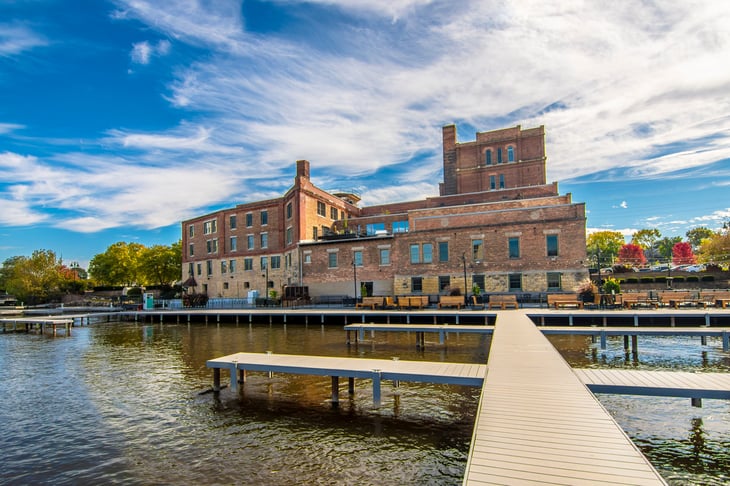
As the housing market cools, homeowners nationwide slowly are accepting reality: The go-go days of rapid increases in the value of their homes are likely over.
However, in a handful of cities, it’s unlikely that homeowners have even noticed the slowdown. In these places, a boom in housing prices never arrived, even as values were soaring in other parts of the U.S. during the past few years.
Recently, financial website SmartAsset analyzed data from 1998 to 2022 in 400 metro areas to determine which housing markets are the worst bets if you hope to see your home gain value in coming years.
The findings are based on markets that have a recent history of poor price gains and that are unlikely to boom anytime soon. Following are the markets SmartAsset says are the worst for growth and stability.
10. Jackson, Michigan
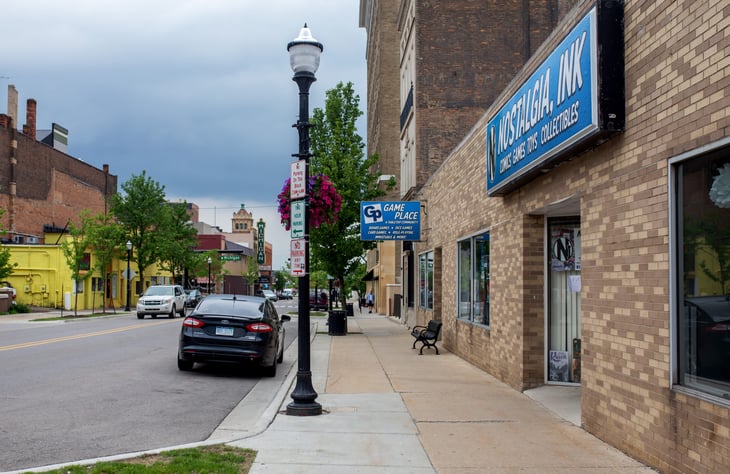
Total home price growth: 86.73% from 1998 through 2022
Chance of experiencing a significant price decline within 10 years of purchasing a home: 42%, based on historical data
Michigan cities dominate this list. SmartAsset says the auto industry’s departure in the 1990s is a major reason why markets in the Wolverine State — including in this city named after the nation’s seventh president, Andrew Jackson — have stagnated.
9. Warren-Troy-Farmington Hills, Michigan
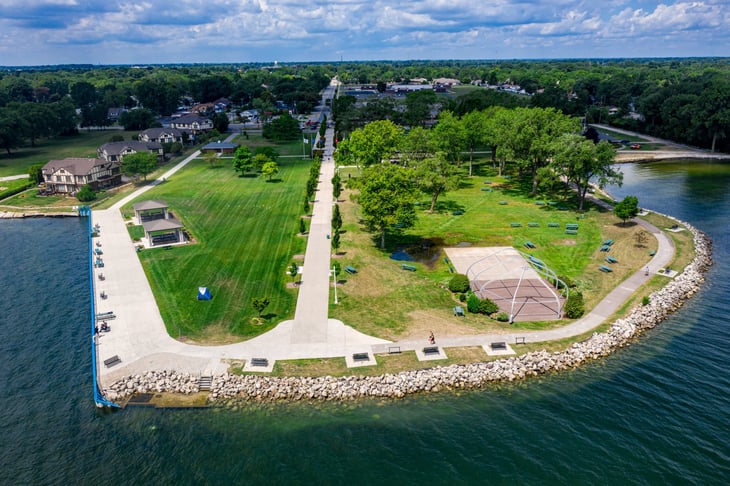
Total home price growth: 85.42% from 1998 through 2022
Chance of experiencing a significant price decline within 10 years of purchasing a home: 42%, based on historical data
Warren is the third-largest city in Michigan. It has seen a decline in population and a rise in crime over the past five decades.
8. Kokomo, Indiana
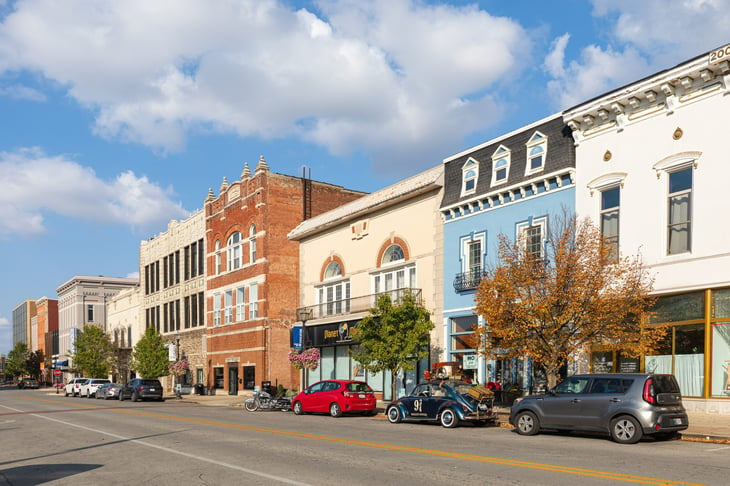
Total home price growth: 64.65% from 1998 through 2022
Chance of experiencing a significant price decline within 10 years of purchasing a home: 39%, based on historical data
Around 15 years ago, Kokomo was losing population fast. But improvements — including a downtown revitalization — have created a surge in Kokomo’s population during the past decade or so.
7. Bay City, Michigan

Total home price growth: 71.16% from 1998 through 2022
Chance of experiencing a significant price decline within 10 years of purchasing a home: 40%, based on historical data
Bay City is renowned for its antique sellers and beautiful riverwalk near the base of Saginaw Bay on Lake Huron. It is not known for rapidly appreciating home prices.
6. Rockford, Illinois
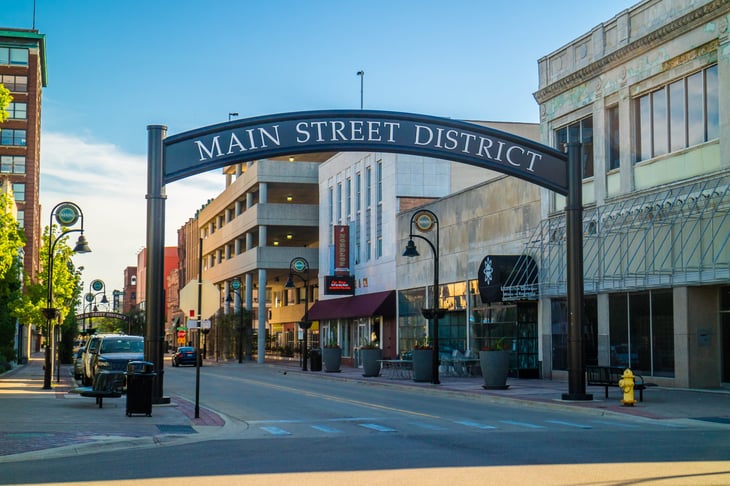
Total home price growth: 61.72% from 1998 through 2022
Chance of experiencing a significant price decline within 10 years of purchasing a home: 39%, based on historical data
People are fleeing Illinois in large numbers. That fact helps keep a lid on housing prices in Rockford, near the state’s northern border.
5. East Stroudsburg, Pennsylvania
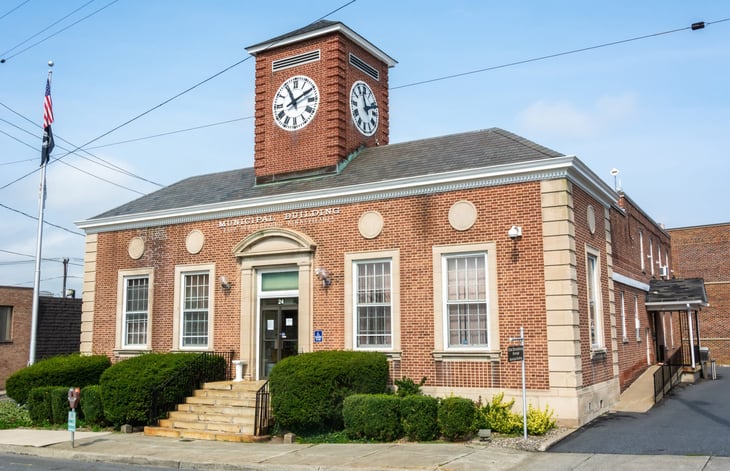
Total home price growth: 100.65% from 1998 through 2022
Chance of experiencing a significant price decline within 10 years of purchasing a home: 45%, based on historical data
Believe it or not, a 2017 report named East Stroudsburg one of the most affordable places in the world to live. The Great Recession hit home values hard in this city.
4. Saginaw, Michigan
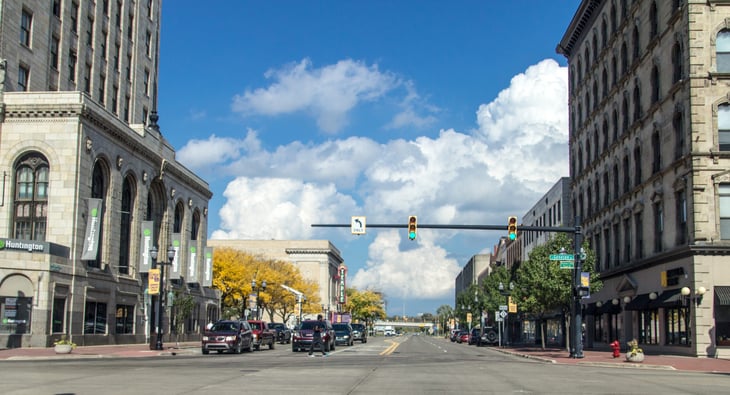
Total home price growth: 63.52% from 1998 through 2022
Chance of experiencing a significant price decline within 10 years of purchasing a home: 40%, based on historical data
Saginaw’s story mirrors that of many other Rust Belt cities: It was once a center of industry and manufacturing but has since seen crime rise as jobs — and parts of the population — have disappeared.
3. Detroit-Dearborn-Livonia, Michigan

Total home price growth: 76.45% from 1998 through 2022
Chance of experiencing a significant price decline within 10 years of purchasing a home: 44%, based on historical data
Detroit’s population plunged by 61.4% between 1950 and 2010. The city has never quite recovered from that blow. Indeed, 1 in 3 houses in the city went through foreclosure in the 10 years ending in 2015.
2. Monroe, Michigan
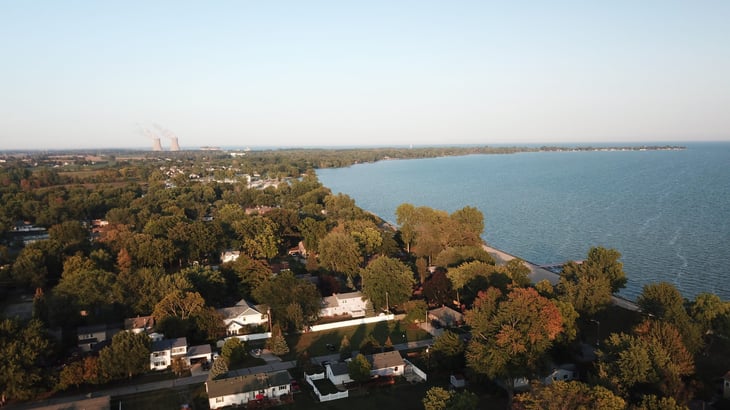
Total home price growth: 74.70% from 1998 through 2022
Chance of experiencing a significant price decline within 10 years of purchasing a home: 40%, based on historical data
Affordable home prices in Monroe are making the city on Lake Erie more attractive. Although values are unlikely to soar, a 2022 Realtor.com report named Monroe No. 7 among the nation’s hottest housing markets.
1. Flint, Michigan
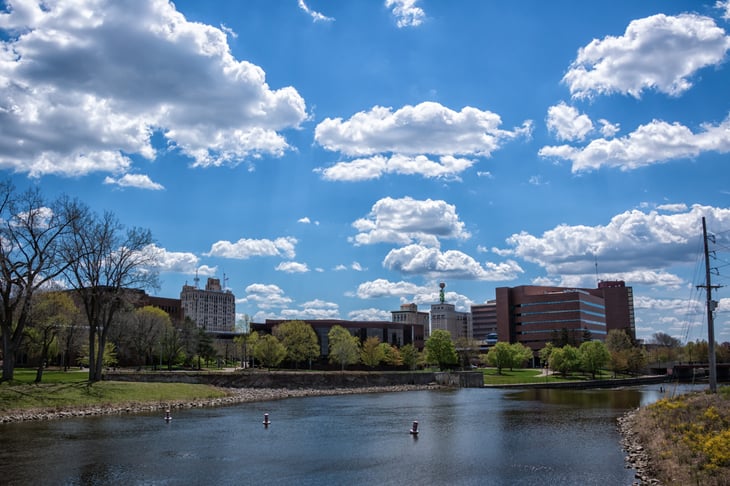
Total home price growth: 71.74% from 1998 through 2022
Chance of experiencing a significant price decline within 10 years of purchasing a home: 45%, based on historical data
Flint tops the list of places where homeowners should not expect rapid increases in value. In fact, SmartAsset notes that in the four Michigan cities that top this list — Flint, Monroe, Detroit and Saginaw — home prices have not even kept up with inflation over the past 25 years.
Are you looking for a home? Stop by the Money Talks News Solutions Center and search for a great mortgage rate.





Add a Comment
Our Policy: We welcome relevant and respectful comments in order to foster healthy and informative discussions. All other comments may be removed. Comments with links are automatically held for moderation.